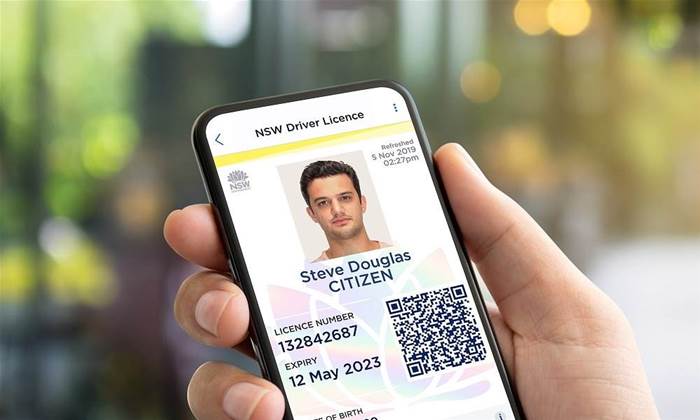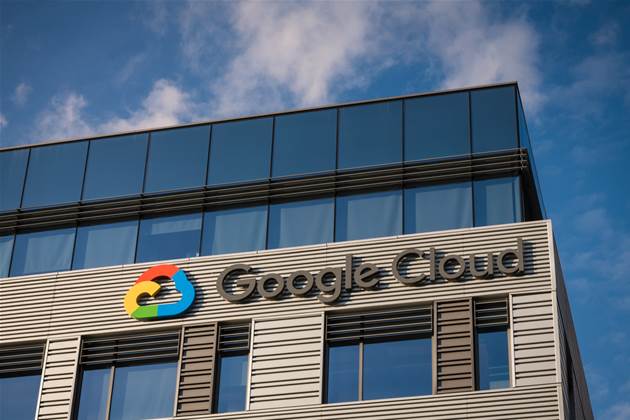This article has been reviewed according to Science X's editorial process and policies. Editors have highlighted the following attributes while ensuring the content's credibility:
fact-checked
trusted source
proofread
Should Apple buy Tesla because of the shortage of lithium for batteries?
A theory is making the round again, that Apple should buy Tesla Motors. The connection? Both depend on lithium ion batteries to power the gizmos sold by each company. A recent news report suggested the boom in iPad sales, as well as electric and hybrid car sales, was contributing to a jump in lithium prices. A press release today from Nova Mining Corp suggests the run-up on lithium prices could cause Apple and Tesla to merge because both companies require "massive amounts of lithium".
In other words, both companies use lithium ion batteries as a key component in their respective products. The upswing of both electrified vehicles and modern electronics gizmos is in part due to growing capabilities of lithium ion batteries, and dependent on the supply of these batteries. Does this mean Tesla and Apple should merge? Not necessarily, but there are some other interesting overlaps between the companies.

Both companies sell their products through retail stores that lean heavily on "experiencing" the product. This is different from traditional product sales models, and it may not be surprising to learn that George Blankenship, Tesla’s vice president of ownership experience, was formerly an executive with Apple overseeing that company's retail stores. Blankenship has described in the Inside Tesla blog posts that the goal for Tesla's stores is to create an environment in which people want to hang out and learn, rather than an environment in which they're pushed. If that sounds like an Apple Store, there's a reason for this.

The 17" screen in the Tesla Model S is being described by some as iPad-like. In a broader sense, modern cars are infotainment systems on wheels, and it's clear that Apple has a thought or two about building highly popular mobile infotainment systems. What would a car dashboard built on the iOS platform be like?

It's been suggested by some that Elon Musk is the next Steve Jobs. Steve Jobs was a visionary perfectionist with a strong streak of design minimalism who was clearly capable of leading the development of a line of highly popular electronics gizmos (iPod, iPhone, iPad). Elon Musk is also a visionary perfectionist, with a strong streak of design style, but does this make him the next Steve Jobs, or does this make him Elon Musk? Musk is operating in a different sphere than Jobs. Where Jobs worked on the problem of how we relate with our electronics gizmos, Musk is working on the long-term survival of the human species, and pushing the boundaries on problems that have plagued us for decades. Which of Elon Musks goals be satisfied by becoming associated with Apple?
And what about the issue of lithium battery supplies? There is a global geopolitical power structure shift that will occur if/when electric vehicles become dominant. Todays dominant transportation fuel, fossil fuels, are sourced from countries that are not friendly to western powers like the U.S. Among the great reasons to shift away from fossil fuels, to other energy sources, is that geopolitical weakness. A key part of that shift is electricity storage, which today is best done with lithium ion batteries. This does mean that electricity storage devices for vehicles, for mobile electronics gizmos, and for smart grid applications, will become increasingly important in the coming years.
As a practical matter the major sources of lithium and lithium batteries are in China and Chile. That may mean a shift from a dependency on foreign oil to a dependency on foreign lithium. Except that lithium production outside those two countries is increasing. For example, an announcement from the Dept of Energy today recognized Rockwood Lithium for expanding lithium mining operations in both North Carolina and Nevada. The lithium mining corporations are responding by increasing production capacity, in the face of increasing demand for lithium and lithium-ion batteries for both electrified vehicles, and modern electronics gizmos.
But does this make Apple and Tesla a good fit because each are reliant on lithium batteries? No. The two companies require different sorts of batteries. Apple requires batteries with high energy storage, and low power demand, in order to give the longest talk time. Tesla requires batteries with high power demand in order to give that 100% Torque at 0 RPM experience. Both companies do require strong business relationships with lithium battery manufacturers, and work closely with those manufacturers on battery design.





















